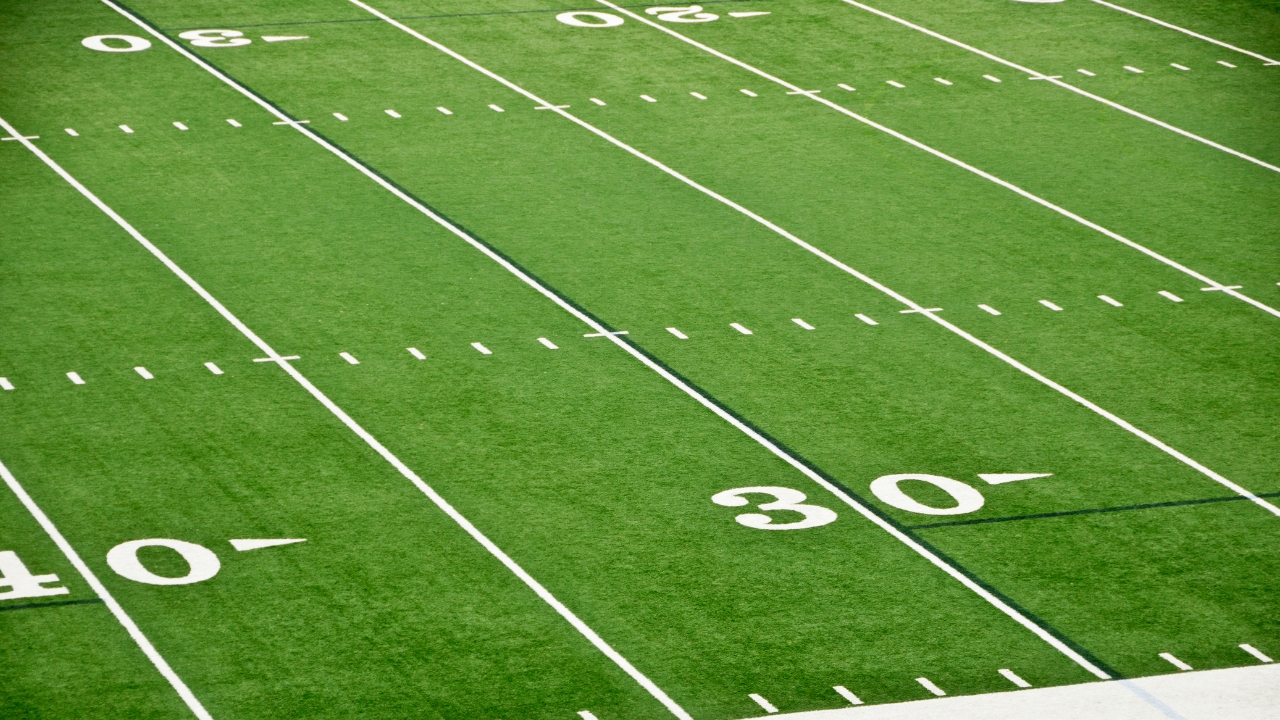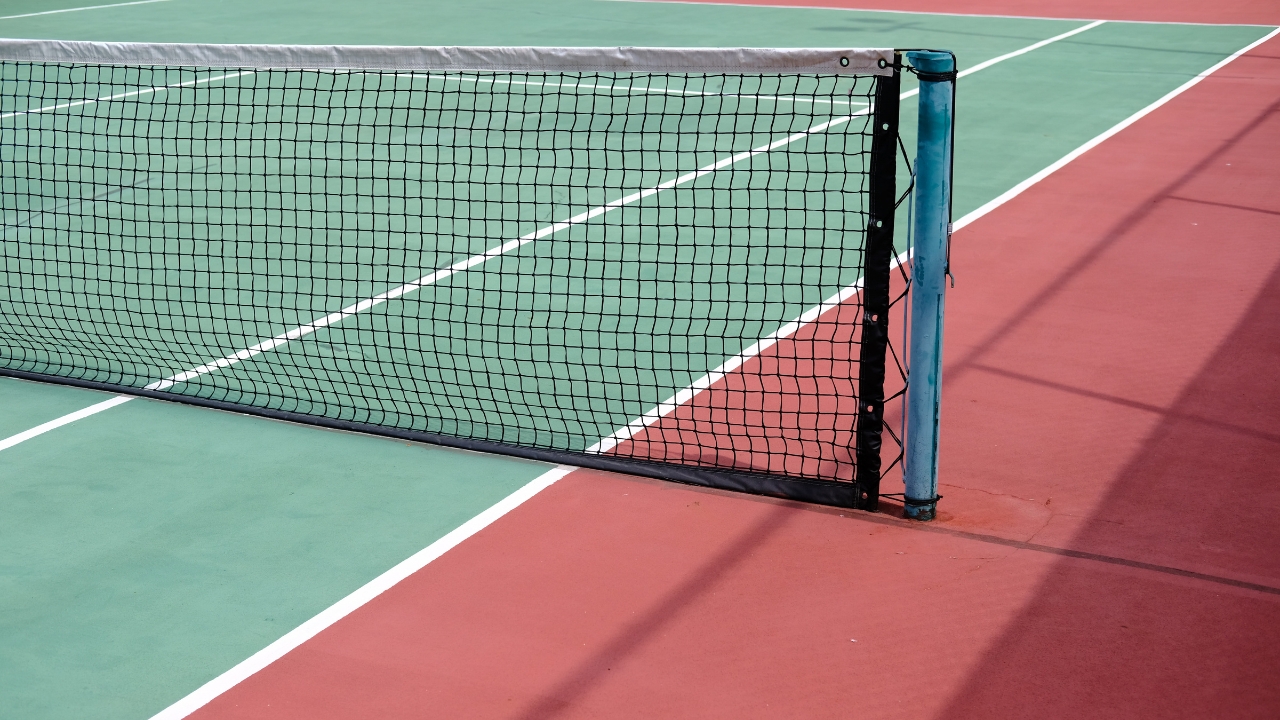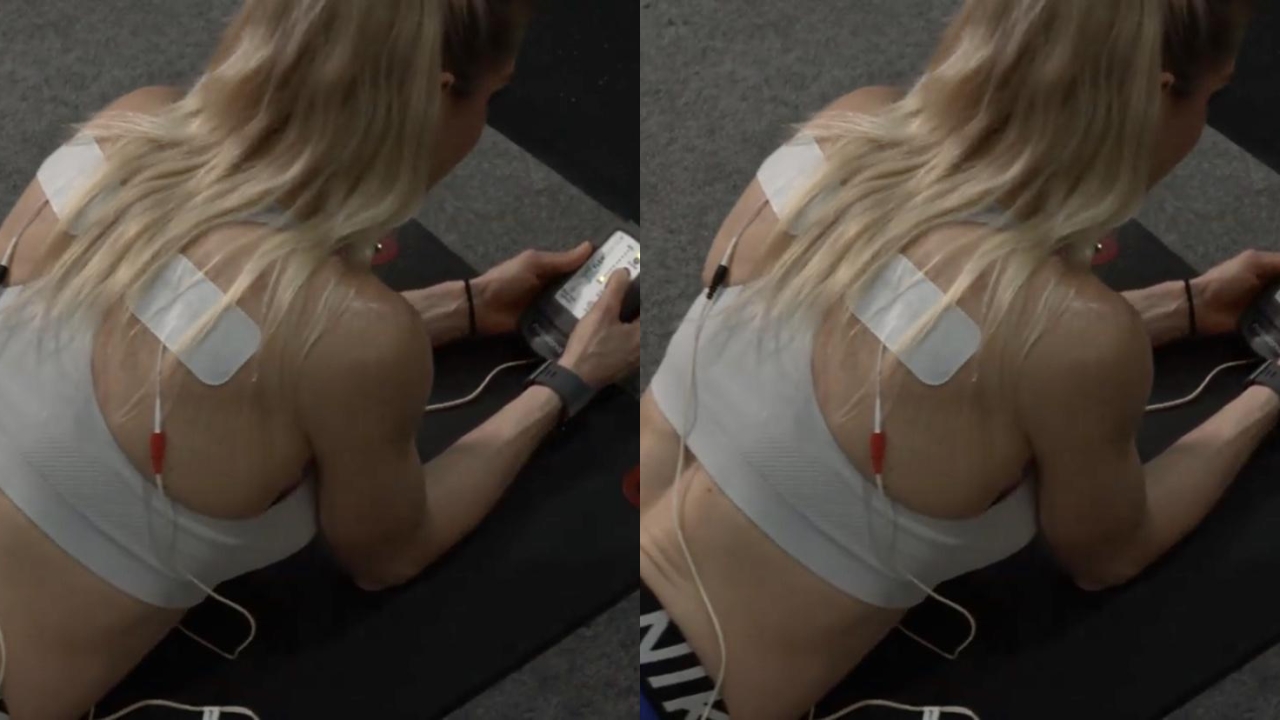
ARPwave Resources
Exploring the Rise of Pickleball: Pros, Cons, and Health Benefits | National Pickleball Month

Pickleball was established in 2018, it may seem odd to dedicate an entire month to a sport invented in the 60’s, however the incredible popularity of the game created such a craze that it now sits immortalized on the calendar alongside National Tennis Day and National Cheerleading Safety Awareness Month.
Pros and Cons of Pickleball
According to a study done in 2019, Pickleball’s “ease of play and low impact nature” make it an enjoyable way to stay fit and active while “promoting a healthy lifestyle” (1). As is the case with all sports, there are always risks to playing. However, a majority of the Pickleball related injuries, gravitate primarily towards sprains, strains, tendonitis, and falls. The benefits, on the other hand, seem numerous. Specifically, a study done on individuals over 50 years old showed that Pickleball had great potential to be a factor in the lessening of depression in players (2).
Pickleball Related Injuries
When injuries do happen, its important to get the muscles up and running again as soon as possible. ARPwave Neuromuscular Stimulation Therapy can help manage the pain of Pickleball related injuries and help strengthen the muscles and reinforce the body’s muscle memory to help prevent injuries in the future.
Pickleball Health Benefits
Additional health benefits of Pickleball can be found in a myriad of studies across the board. A study done by researchers at the Western State Colorado University found that not only did Pickleball present as a “feasible alternative to traditional exercise modalities for middle-aged and older adults” (3), but it also actually improved cardiovascular health when played regularly. Other benefits that have been noted in various literature sources include: better hand-eye coordination, increases in agility and coordination, and increase in muscle strength and function.
April: National Pickleball Month
As is the case with most inventions, Pickleball was invented in 1965 out of boredom and a desire to keep kids busy over the summer (4). Three dads, Joel Pritchard, Barney McCallum, and Bill Bell, invented the game when, while spending time at Pritchard’s summer home on Bainbridge Island, their kids became tired of their standard summertime activities. Then, only two years later in 1967, the first ever Pickleball Court was officially constructed on the island of its conception.
The USA Pickleball Association wasn’t established until 1984, but even before then, various corporations were created in an effort to protect the burgeoning sport and its rules. With its popularity growing steadily over the years, Pickleball really hit its boom around 2020 when the COVID-19 pandemic hit. In fact, as of 2022, statistics have shown that over the span of those two years in quarantine, Pickleball showed an incredible 39.3% growth rate.
Due to quarantine gridlocking most people, families were still desperately trying to find ways to stay active and entertained. As a result, Pickleball quickly became a favorite, in part because of its smaller court size that allowed families to play in much smaller, at home spaces.
What is Pickleball?
In short, Pickleball is a court game, much like Tennis aside from some core rule differences. However, unlike its counterpart, Pickleball is much more compact allowing for a greater variety of players to participate at lower levels of strain (5).
| Pickleball (6) | Tennis |
| Ball: .78 and .935 oz | Ball: 1.975 and 2.095 |
| Racket: 7-9 oz | Racket: 11-11.5 oz |
| Court Size: 44 x 22 | Court Size: 78 x 36 |
Pickleball and ARPwave
Whether you’re looking to up your game or get back out on the court after an injury, ARPwave can help. Don’t let pain hold you back from appreciating one of America’s newest rising pastimes. Go out and celebrate National Pickleball Month today!













